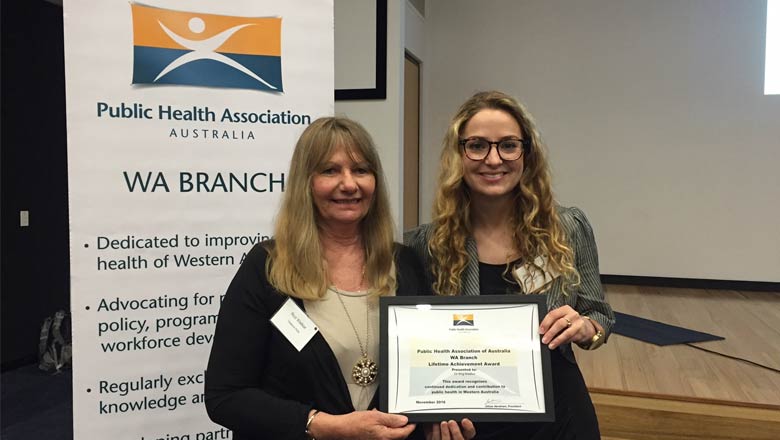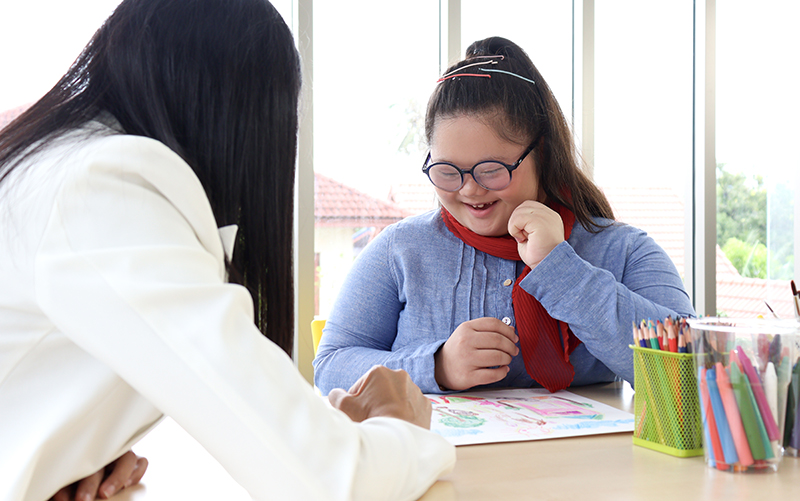Search
Research
Parents’ Disclosure of Their Child’s Health and Neurodevelopmental Conditions: A Systematic Review and Qualitative MetasynthesisParents of children with physical/mental health and/or neurodevelopmental conditions often need to make disclosure decisions for their child. Disclosure can bring benefits (e.g., support) but can also risk harm (e.g., stigma). This systematic review aimed to consolidate research regarding parents' disclosure experiences to better understand how to support parents during this process.
Research
Caregivers' Perceptions of Clinical Symptoms, Disease Management, and Quality of Life Impact in Cases of Cyclin-Dependent Kinase-Like 5 Deficiency Disorder: Cross-Sectional Online SurveyCyclin-dependent kinase-like 5 (CDKL5) deficiency disorder (CDD) is an ultrarare genetic condition causing developmental epileptic encephalopathy characterized by seizures and motor and intellectual disabilities. No disease-modifying therapies are available, and treatments focus mainly on symptom management to improve quality of life.

News & Events
The Kids researchers honoured at Public Health Association AwardsTwo The Kids researchers working to improve the health & wellbeing of Aboriginal children & their families have both been honoured at the PHAA Awards.

News & Events
Five researchers from The Kids awarded Early Career Child Health Researcher FellowshipsFive researchers from The Kids Research Institute Australia have been awarded three-year fellowships with the aim of keeping more WA-based PhD graduates involved in child health research.

News & Events
Major grants fuel child health researchSix researchers from The Kids Research Institute Australia have been awarded $8.9 million in prestigious Investigator Grants from the National Health and Medical Research Council.

News & Events
Participation key to quality of life for kids with disabilityThe Kids Research Institute Australia researchers have called for a greater focus on creating opportunities for children with disability to participate in the community, after finding a clear link between participation and better quality of life.
Research
The global, regional, and national burden of cancer, 1990–2023, with forecasts to 2050: a systematic analysis for the Global Burden of Disease Study 2023Cancer is a leading cause of death globally. Accurate cancer burden information is crucial for policy planning, but many countries do not have up-to-date cancer surveillance data. To inform global cancer-control efforts, we used the Global Burden of Diseases, Injuries, and Risk Factors Study (GBD) 2023 framework to generate and analyse estimates of cancer burden for 47 cancer types or groupings by age, sex, and 204 countries and territories from 1990 to 2023, cancer burden attributable to selected risk factors from 1990 to 2023, and forecasted cancer burden up to 2050.
Research
Caregiver-reported meaningful change in functional domains for individuals with developmental and epileptic encephalopathy: A convergent mixed-methods designTo investigate how caregivers of children with developmental and epileptic encephalopathy and severe developmental impairments describe meaningful change for functional domains and why it is important.
Research
Exploring Oral Health Related Quality of Life in Rett Syndrome Using Directed Content AnalysisNo validated oral health-related quality of life (OHRQOL) instrument currently exists for those with severe intellectual and developmental disabilities and who communicate non-verbally. This qualitative study aimed to explore the domains that were important to the oral health-related quality of life in individuals with Rett syndrome.
Research
What I Wish I Had Known: Examining Parent Accounts of Managing the Health of Their Child With Intellectual DisabilityAppropriate support for the health of children with an intellectual disability by parents and healthcare professionals is pivotal, given the high risk of chronic conditions. However, there is limited research that has collected important insights from parents on their learnings for supporting their child's evolving healthcare needs.
